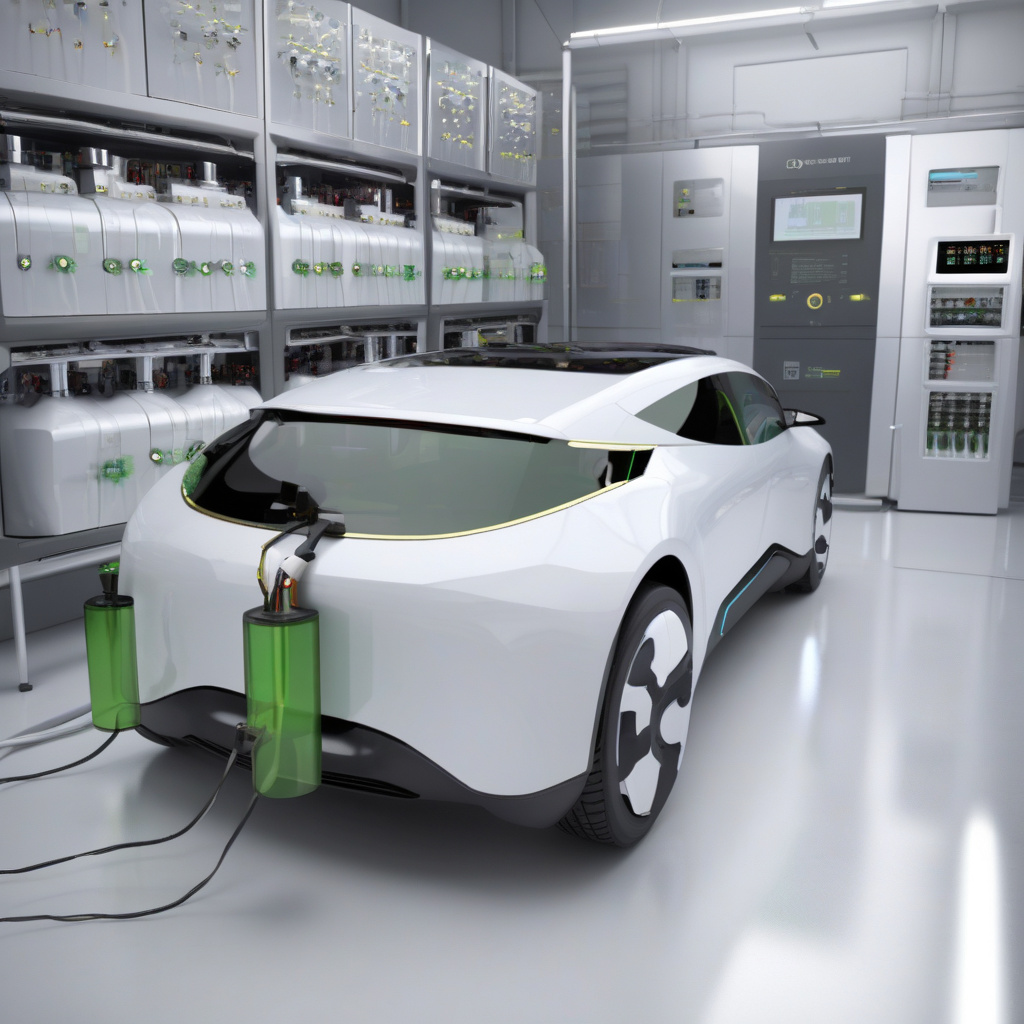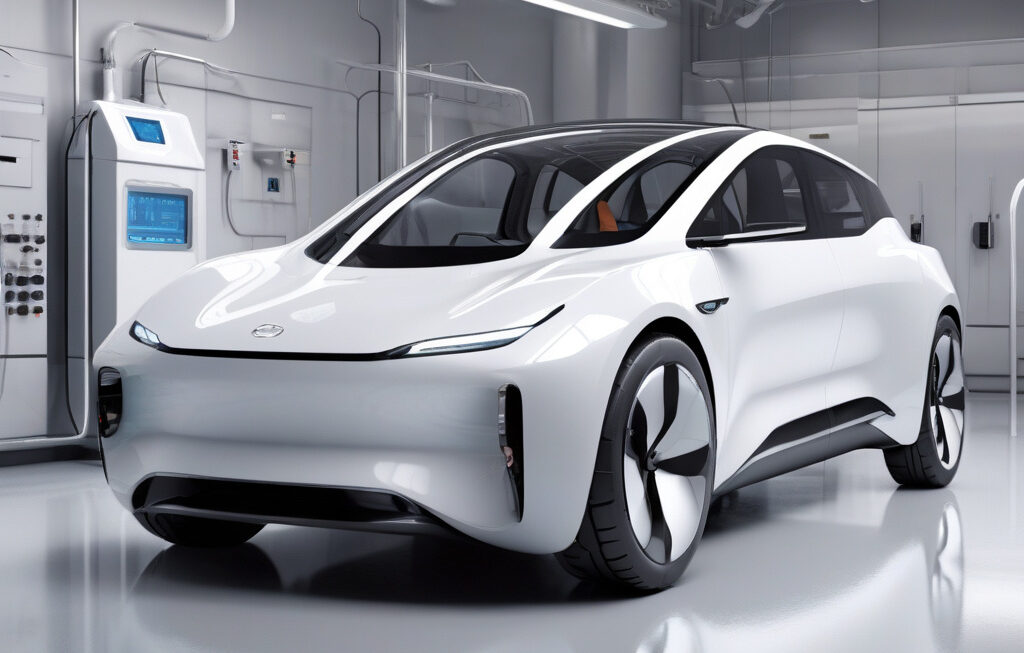Next-gen Solid-State EV Battery Breakthrough Promises 50% More Range in One Charge
Researchers from Skolkovo Institute of Science and Technology (Skoltech) and the AIRI Institute have reached a significant milestone in the development of next-generation solid-state electric vehicle (EV) batteries. This breakthrough holds the promise of providing 50% more range on a single charge compared to current lithium-ion batteries, revolutionizing the EV industry and addressing key concerns regarding range anxiety among consumers.
Solid-state batteries are widely regarded as the future of energy storage for EVs due to their potential to offer higher energy density, faster charging times, improved safety, and longer lifespan compared to traditional lithium-ion batteries. However, bringing solid-state batteries from the lab to commercial production has been a challenging feat due to issues such as scalability, cost-effectiveness, and overall performance.
The collaborative research effort between Skoltech and the AIRI Institute has overcome many of these hurdles by leveraging innovative materials and manufacturing techniques. One of the key advancements that sets this new solid-state battery apart is the use of a high-capacity silicon-based anode combined with a solid electrolyte, which enhances energy storage capabilities without compromising safety or longevity.
By increasing the energy density of the battery, researchers have effectively extended the driving range of electric vehicles, offering a more practical and appealing solution for consumers. With the potential to go 50% further on a single charge, EV drivers can experience fewer charging stops, reduced range anxiety, and ultimately, a more convenient and seamless driving experience.
Moreover, the improved performance of solid-state batteries paves the way for accelerated adoption of electric vehicles on a global scale. As governments and industries push towards decarbonization and sustainable transportation solutions, the development of more efficient and reliable energy storage technologies like solid-state batteries becomes increasingly crucial.
In addition to the environmental benefits of reducing greenhouse gas emissions and reliance on fossil fuels, the widespread implementation of solid-state batteries in EVs can also have economic implications. With longer-lasting and higher-performing batteries, the total cost of ownership for electric vehicles is expected to decrease, making them a more cost-effective option for consumers in the long run.
Furthermore, the success of Skoltech and the AIRI Institute in advancing solid-state battery technology underscores the importance of international collaboration and cross-disciplinary research in driving innovation forward. By combining expertise in materials science, engineering, and energy storage, researchers were able to push the boundaries of what was previously thought possible in the realm of EV batteries.
As this breakthrough technology continues to progress towards commercialization, it holds the potential to reshape the entire automotive industry and accelerate the transition towards a more sustainable and electrified future. With 50% more range achievable on a single charge, the barriers to widespread EV adoption are steadily being dismantled, paving the way for a cleaner, greener, and more efficient transportation ecosystem.
In conclusion, the recent breakthrough in next-generation solid-state EV batteries represents a monumental leap forward in the advancement of electric vehicle technology. With the potential to deliver 50% more range on a single charge, these innovative batteries are poised to revolutionize the EV industry, address range anxiety concerns, and drive the widespread adoption of electric vehicles on a global scale.
#EVs #SolidStateBatteries #Skoltech #Innovation #Sustainability












